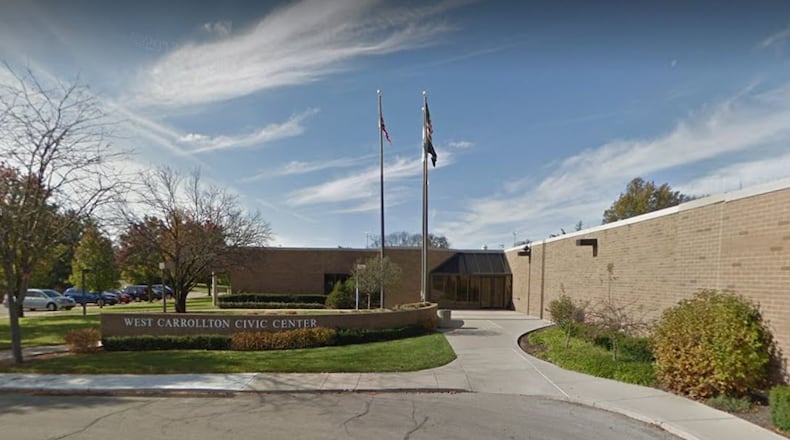One measure dealing with meetings of council would provide city council members the flexibility to schedule and/or cancel their meetings, particularly in times of emergency or when the agenda would warrant doing so.
City council is now scheduled to meet on the second and fourth Tuesday of every month. That will remain the same, but if the amendment is approved by voters, council would only be required to meet once per month.
“With the pandemic situation, a lot of times we were (required) to meet and we didn’t have anything to discuss or talk about,” said West Carrollton Mayor Jeff Sanner. “So, the Charter Review Commission decided one meeting a month would be mandatory. We didn’t need to do this twice a month when we have situations like this.”
That will only occur when city council has nothing to put on an agenda. When it does, it has the flexibility to add a meeting, Sanner said.
Additionally, the provision for a public notice of a special meeting is proposed to be increased to 24 hours in advance of the meeting from the current 12 hours advance notice to comply with the current Ohio Sunshine Law, city officials said.
A Residency Requirement amendment, if approved, would remove wording in the charter that requires the city manager to be a resident of the city of West Carrollton to comply with a 2009 Ohio Supreme Court ruling prohibiting requiring residency as a condition of employment.
“Our Charter Review Commission meets every five years,” Sanner said. “They’ve had five years to talk about it and it was something that was not put on the ballot because we didn’t have anything to put on the ballot to speak of. This year, with other things going on, we decided it was best to ... clean up our charter because the charter was not correct in saying that the city manager had to live within the city when we have an Ohio Supreme Court ruling that that’s illegal to do.”
The remainder of that section of the charter remains unchanged, city officials said.
About the Author

